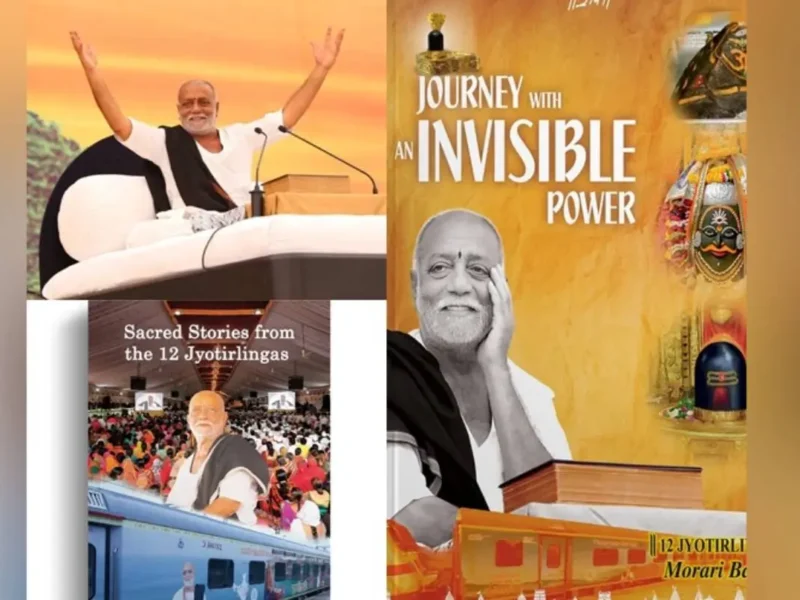
Faiz Ahmed Faiz: Revolutionary In Verse, Romantic at Heart
By Vikas Datta
Romantic and revolutionary may seem polar opposites, but this Urdu poet achieved a unique balance between them.
Faiz Ahmed ‘Faiz’, who was born in 1911, was not the first revolutionary-romantic poet but the latest in an illustrious line that included the likes of Allama Iqbal, and Maulana Syed Fazl-ul-Hasan ‘Hasrat Mohani’ who originally gave the slogan “Inquilab Zindabad” and also penned “Chupke Chupke Raat Din…” that heart-tugging ode to the memory of one’s first love and many other paladins.
Faiz was a bundle of contractions. Born in an affluent family, with his father Sultan Muhammad Khan being a prominent barrister and a former aide to Afghanistan’s “Iron Emir” Abdur Rahman Khan, he became a lifelong Communist — even becoming a recipient of the Lenin Peace Prize.
After a stint as a teacher, he joined the British India Army in 1942 and rose to the rank of Lt Col (before resigning his commission in 1947 to protest against the Kashmir war) and then was involved in Pakistan’s first attempted military coup — the 1951 Rawalpindi Conspiracy, propelled by a curious combination of leftist politicians and a maverick general.
After this episode (which meant four years in jail — where he ended up writing some of his best poetry), Faiz became a fervent opponent of military dictators, spending long years in exile during such periods of his country’s history.
While he wrote impassioned poetry, Faiz, in person, was soft-spoken, reticent, reluctant to express his views outside his verse, and reconciled his Marxist beliefs without forsaking his Islamic faith, as per his eldest grandson and biographer, Ali Madeeh Hashmi.
When his first collection of poetry “Naqsh-e-Faryadi” – a title taken from the first line of the first ghazal in Ghalib’s diwan was published in 1941, a critic opined that “the ghazal is not bad. It is balanced, eloquent, and, unlike Faiz himself, the verses say something”.
And then, Faiz’s colorful life saw Sheikh Abdullah perform his Nikah — to a British woman communist, his preferred reading in jail being Sarvepalli Radhakrishna’s magisterial “Indian Philosophy”, and one of his celebrated ghazals — “Ham ke thehre ajnabi”, based on the theme of Pakistan-Bangladesh reconciliation — being written during a Dhaka visit on a request by Sheikh Mujibur Rehman.
Faiz was much championed by Zulfiqar Ali Bhutto, who favored him and even freed legendary Punjabi poet Ustad Daman, jailed for a poem mocking Bhutto, on his urging. However, Bhutto’s overthrow — and subsequent execution — led Faiz to another period of exile, which only ended in mid-1982 when he came back to his homeland in declining health and passed away in November 1984.
But while Faiz had abandoned any political adventurism, he never shied away from devoting his poetry to keep attacking tyranny, imperialism, iniquity, hypocrisy, and inhumanity.
However, what makes his poetry stand out is how it permeated language.
Then, Faiz had the good fortune of having some of the subcontinent’s greatest singers implant his creations in public consciousness with their masterful renditions – Noor Jehan with “Mujh se pehli si mohabbat mere mehboob na maang, Nayyaara Noor’s performance of “Ham ke thehre ajanaabi…”, Mehdi Hasan with “Gulon mein rang bhare..”, Begum Akhtar performing “Shaam-e-Firaaq..” Farida Khanum singing “Donon jahan teri mohabbat mein har ke…” or Iqbal Bano’s spirited “Hum dekhenge.”.
Even without musical renditions, the inherent rhythmic cadence of his poetry was evident. But his best work – even more than the oft-cited “Bol” and “Tanhai” – was the anthem “Hum dekhenge” attacking the Zia ul-Haq regime’s tyranny.
In its first public performance in Lahore in 1985 — on his first death anniversary — it led to a near riot. Wearing a sari (banned by the regime), Iqbal Bano ignited passion when she reached “Sab taaj uchale jayenge/Sab takht giraye jayenge…”
At this, the impassioned, jampacked audience joined in, chanting “Inquilab Zindabad” repeatedly, proving their spirit had not been crushed by the dictatorship. Power was switched off, but she continued singing — and so did the chants. And it continues on in fights for the people. (IANS)




